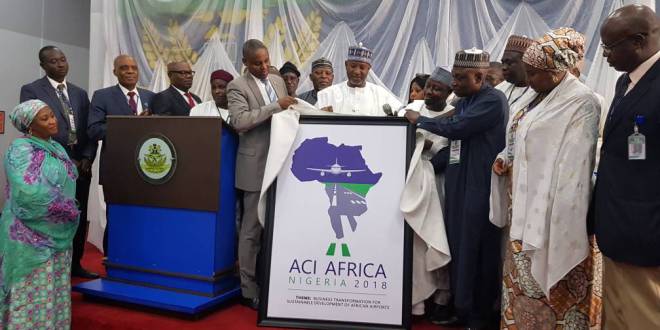
Aviation industry experts have expressed doubt over the realisation of the national carrier by the federal government, which government anticipates would be finalised by December 24, 2018.
Beside the promise made by government, the industry is yet to see any concrete plans to the establishment of the project less than six months to the given date, as informed sources disclosed to THISDAY, that N1.7 billion had been expended in the process for the project that would cost the government about $4 billion.
So far, the federal government is funding the project 100 per cent and it has not made public the money already expended on it, except the aforementioned sum, which received approval from the Federal Executive Council (FEC), meant to settle the Transaction Advisers.
In early 2016 the federal government had among other plans for the aviation sector, the disclosed plan to establish a national carrier, concession of major airports in the country, establishment of a major maintenance hangar and aircraft leasing company.
However, almost at the twilight of the administration, none of these set goals has been realised. But the government appears to be strongly committed to making the establishment of a national carrier a reality.
To this end, the government had earlier established Transaction Advisers to guide it on the processes and procedures to realisng these projects, but the team was yet to complete its work.
Owing to this, some experts in the aviation sector have expressed doubt about the realisation of the project.
They argued that there was no clear picture on how the government wished to start the company, what the share capital would be and the definition of its ownership, since the Minister of State, Aviation, Senator Hadi Sirika said it would be private sector driven.
“What we do not understand is how the national carrier can be realised in less than six months to the deadline when government said it would establish the airline.
“According to NCAA regulation, which is the domestication of the International Civil Aviation Organisation (ICAO) regulation, an airline that wishes to have Air Operator Certificate (AOC) should start the process six months before the targeted date of operation. But they have not started the process now,” the Executive Chairman of Airline Operators of Nigeria (AON), Nogie Meggison said.
Also, a senior official in one of the airlines who said a national carrier would provide the pivot for the development of aviation in Nigeria, however pointed out that, “If the federal government is establishing the airline, it has to be backed by an Act establishing it, which means we must go back to the National Assembly. I doubt that this could be realised in the next six months because it will take time and you must have to repeal the Act that established the defunct Nigeria Airways Limited (NAL) before you enact a new Act for the national airline.”
But some industry experts believe that a national carrier was desirable for Nigeria, saying it would provide a platform for the growth of air transport in the country, boost the contribution of the aviation industry to the GDP, create jobs, strengthen aviation training institutions and cut down capital flight from the sector by international carriers.

A former Director General of the Nigerian Civil Aviation Authority (NCAA), Dr Harold Demuren, who supported the establishment of the airline, said for the project to succeed, government must exploit the Public-Private Partnership (PPP) and avoid government interferences in the company.
THISDAY also learnt that for a new airline it must establish its own manual, and this takes at least three months to realise because by law the airline has to submit operational and organisational manual, which comes in sequences and this must go through the processes.
“The new national carrier must follow laid down international standards because it is meant to operate international destinations and every country would scrutinise its provenance before allowing it to fly to any of its cities.
“There is fear of legal inhibitions if the airline comes as a national carrier because the defunct Nigeria Airways had credit issues with some organisations in many countries, which it would automatically inherit as Nigeria’s national carrier. Government must have to clear this before the new airline would be allowed to fly to some destinations,” a source that pleaded to remain anonymous told THISDAY.
CULLED FROM THISDAY






